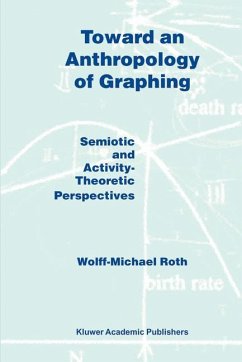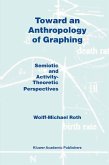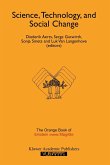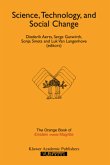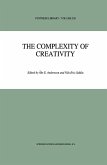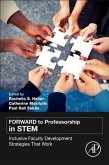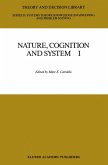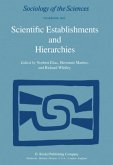During the summer of 1990, while taking my holidays to teach a university course of physics for elementary teachers, I also tutored one of the tenth-grade students at my school in physics, chemistry, and mathematics. In return for working with him for free, I had requested permission to audiotape our sessions; I wanted to use the transcripts as data sources for a chapter that I had been in vited to write. It so happened that I discovered and read Jean Lave's Cognition in Practice that very summer, which inspired me to read other books on mathe matics in everyday situations. Two years later, while conducting a study with my teacher colleague G. Michael Bowen on eighth-grade students' learning during an open-inquiry ecology unit, I discovered these students' tremendous data analysis skills that appeared to be a function of the deep familiarity with the objects and events that they had studied and mathematized earlier in the unit. I reported my findings in two articles, 'Mathematization of experience in a grade 8 open-inquiry environment: An introduction to the representational practices of science' and 'Where is the context in contextual word problems?: Mathematical practices and products in Grade 8 students' answers to story problems'. I Begin ning with that study, I developed a research agenda that focused on mathemati cal knowing in science and science-related professions. During the early 1990s, I was also interested in the notion of authentic practice as a metaphor for planning school science curriculum.

